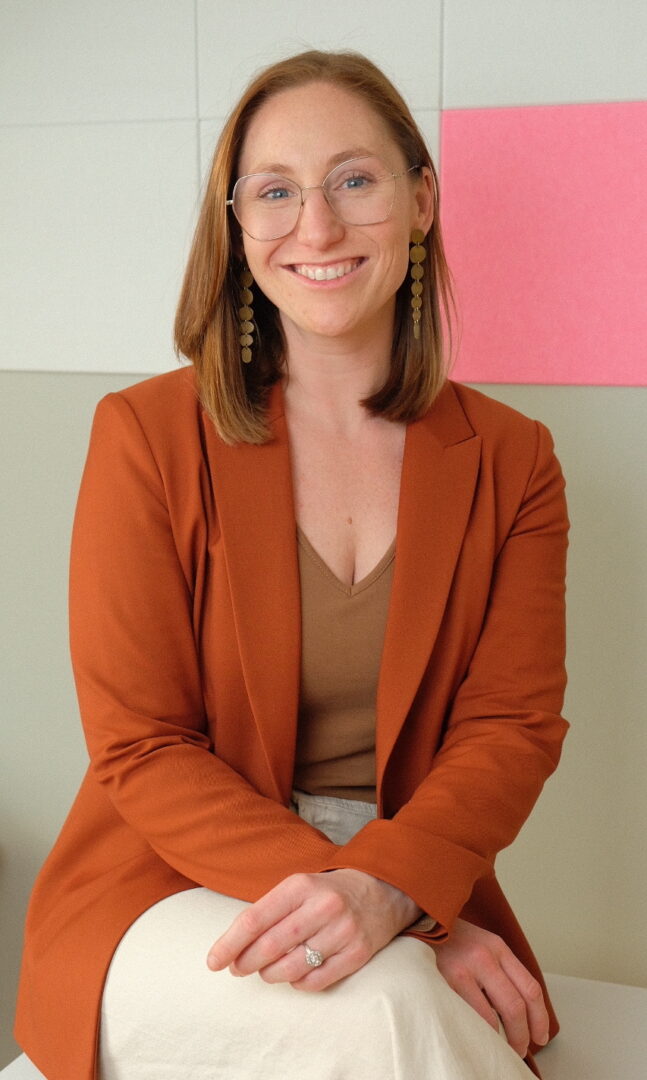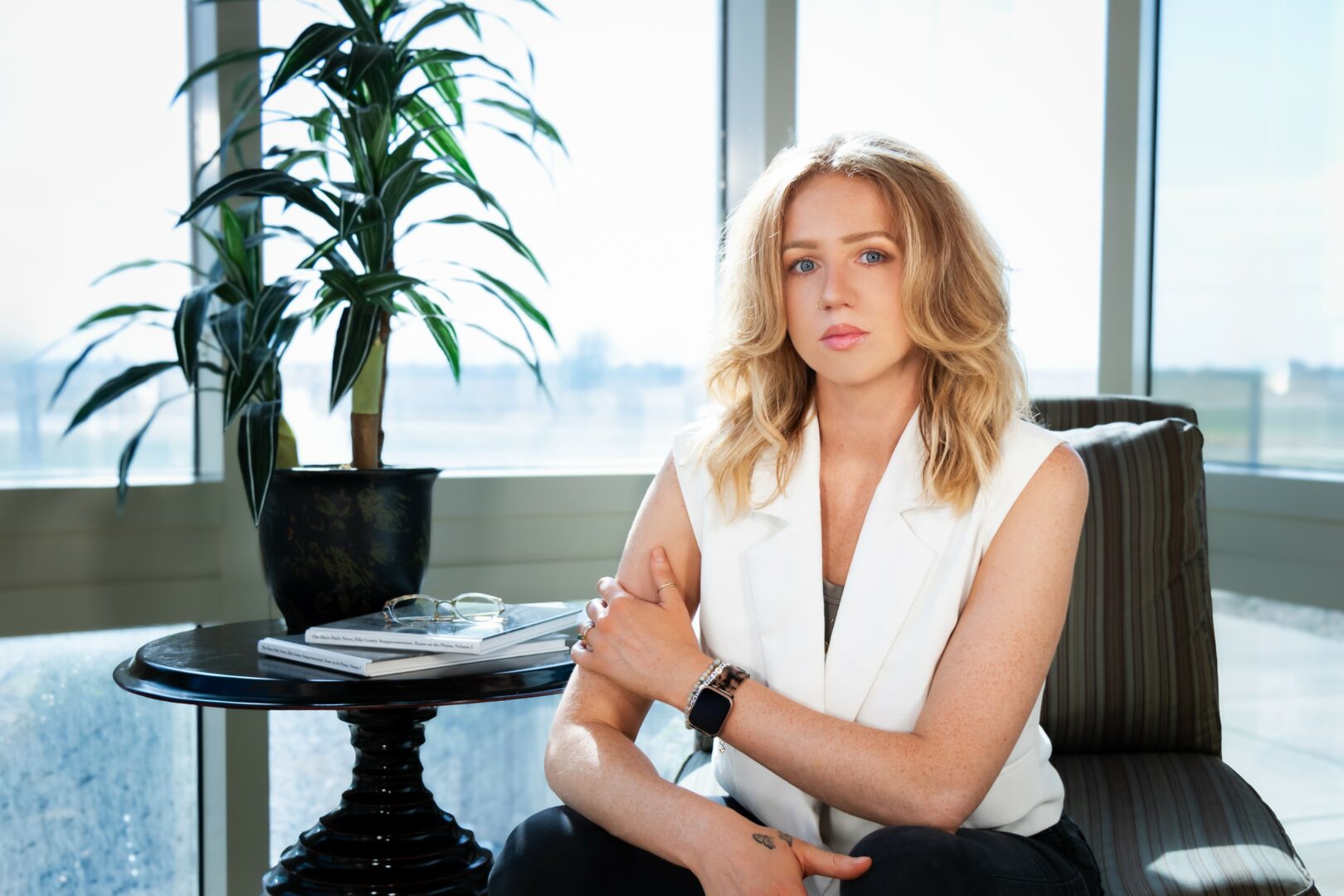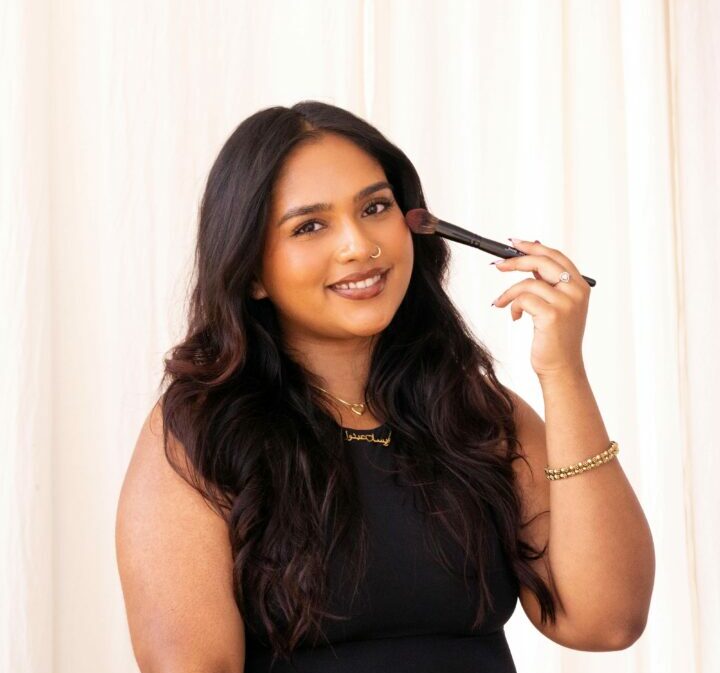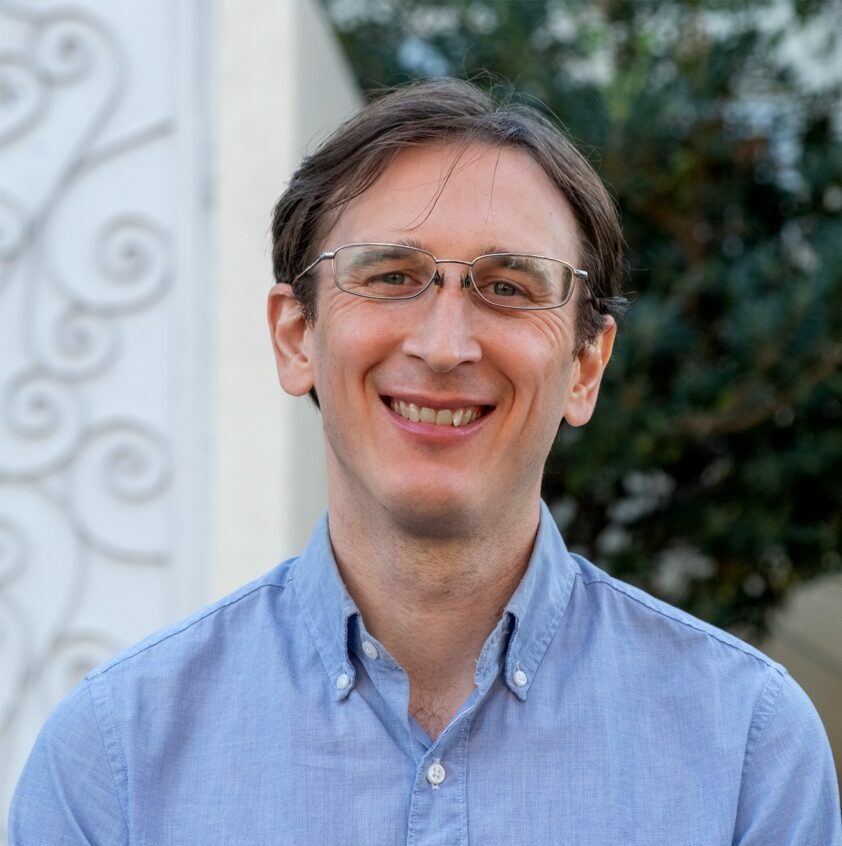Alright – so today we’ve got the honor of introducing you to Dr. Kasey Hammock. We think you’ll enjoy our conversation, we’ve shared it below.
Dr. Kasey, thank you so much for joining us and offering your lessons and wisdom for our readers. One of the things we most admire about you is your generosity and so we’d love if you could talk to us about where you think your generosity comes from.
My generosity comes from living in the nonprofit sector for over a decade and seeing firsthand how under-resourced and undervalued this work is. I’ve been the frontline staff member working overtime without compensation. I’ve been the executive director staring at a grant deadline with no capacity to write it. I’ve felt the weight of knowing your organization is doing critical work but can’t afford the support it needs to grow.
When I started Partner for Better, I made a choice: I could build a traditional consulting business that extracted value from nonprofits, or I could build something different, a business that channeled its success back into the sector that shaped me.
But honestly? It also comes from my parents. They owned a business for over 20 years, and I watched them show up for their community in ways that had nothing to do with profit margins. They taught me that success isn’t just about what you earn, it’s about what you give back and how you show up for people.
In all my experiences I’ve learned that generosity isn’t transactional, it’s relational. When you really know people and show up for them, they show up for you. Every free training we host, every pro bono hour we give, every sliding-scale fee we offer is not marketing. That’s us living out the reciprocity we’ve experienced.
At the end of the day, my generosity comes from believing that we can build businesses that are both profitable and purpose-driven. We don’t have to choose between success and impact. We can have the audacity to do both.
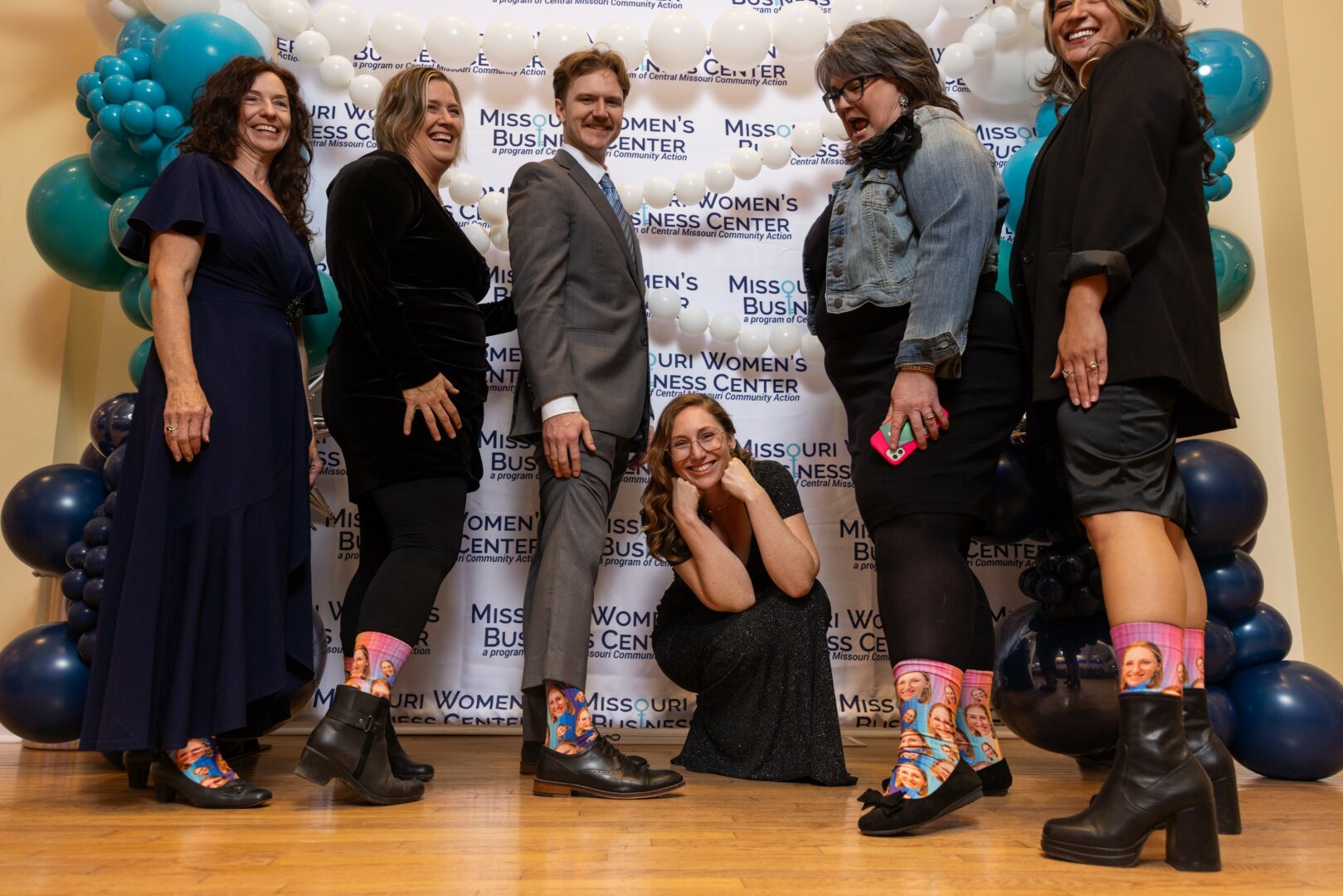
Great, so let’s take a few minutes and cover your story. What should folks know about you and what you do?
I like to say that I spend the majority of my time as the founder and Lead Conspirator for Good at Partner for Better, a firm that equips nonprofits with the tools, strategy, and support they need to grow and succeed. We work with mission-driven organizations across Missouri on everything from grant writing and fund development to strategic planning, board development, program evaluation, and organizational wellness.
But honestly, what I do is hard to put in a box, and that’s intentional.
On any given week, I might be writing a multi-million dollar grant application, coaching an executive director through a difficult board situation, facilitating a strategic planning retreat, teaching a training on using AI in fundraising, conducting a program evaluation, or analyzing statewide poverty data for policy advocacy. I’ve taught more than 14 courses at the University of Missouri on social work, public health, and nonprofit management. I’ve written reports that informed state legislation. I’ve helped organizations acquire other agencies, close budget deficits, and launch new programs. I have a lot of roles in addition to my Partner for Better hat: professor, volunteer, board member, data analyst, and I love it because it helps me learn, stay creative, and see things from new perspectives. However, right now, I’m most focused on my role at Partner for Better
What makes Partner for Better different, and what I’m most proud of, is that we’re built on the belief that evaluation and the other work that we do doesn’t have to be extractive. We use sliding-scale fees so that BIPOC-led organizations and smaller grassroots groups can access the same high-quality support as well-resourced nonprofits. We give away free trainings, donate hundreds of hours of pro bono work annually, and reinvest our profits back into the community. Since 2022, we’ve provided nearly 30 free community trainings, and contributed over 700 hours of pro bono consulting. Our team has also written more than 500 grant applications, bringing over $12.5 million in funding to Missouri nonprofits.
But what’s most exciting to me isn’t just the numbers, it’s the relationships. We send handwritten notes to clients. We show up at their fundraisers and volunteer events. We celebrate their wins with champagne and dance parties in our office. We’ve even expanded our services to include wellness initiatives like yoga because we know nonprofit work is demanding, and self-care can’t be an afterthought.
My background shapes how I show up in this work. I spent over a decade in the nonprofit sector—starting as an intern and working my way up to executive director at First Chance for Children, where I increased fundraising from 4% to 32% of the budget, acquired another agency, and expanded our service area. I’ve been the frontline staff member, the burned-out ED staring at grant deadlines, the person trying to make data-driven decisions without the resources to collect good data. I earned my Master’s in Public Affairs and my PhD in Social Work studying organizational pressures on data-driven decision-making. I know this work from every angle, and that lived experience informs everything we do at Partner for Better.
In 2025, we hit a major milestone: we moved into our own dedicated downtown Columbia office space. It’s designed as a coworking and meeting hub where nonprofits can gather, collaborate, and build community. It’s become exactly what I hoped it would be: a space where the messiness and beauty of mission-driven work can coexist.
Right now, we’re a small team serving nearly 50 nonprofits annually, and we’re continuing to grow in ways that align with our values. We’re not chasing scale for scale’s sake. We’re building something sustainable that treats people like humans, measures success by impact as much as revenue, and proves you can run a successful business while doing good.
If there’s one thing I want people to know about Partner for Better and how I’m showing up it’s this: we show up authentically, we have the audacity to do things differently, and we believe the nonprofit sector deserves help from people who genuinely care about their success and have been in the same seats as them.
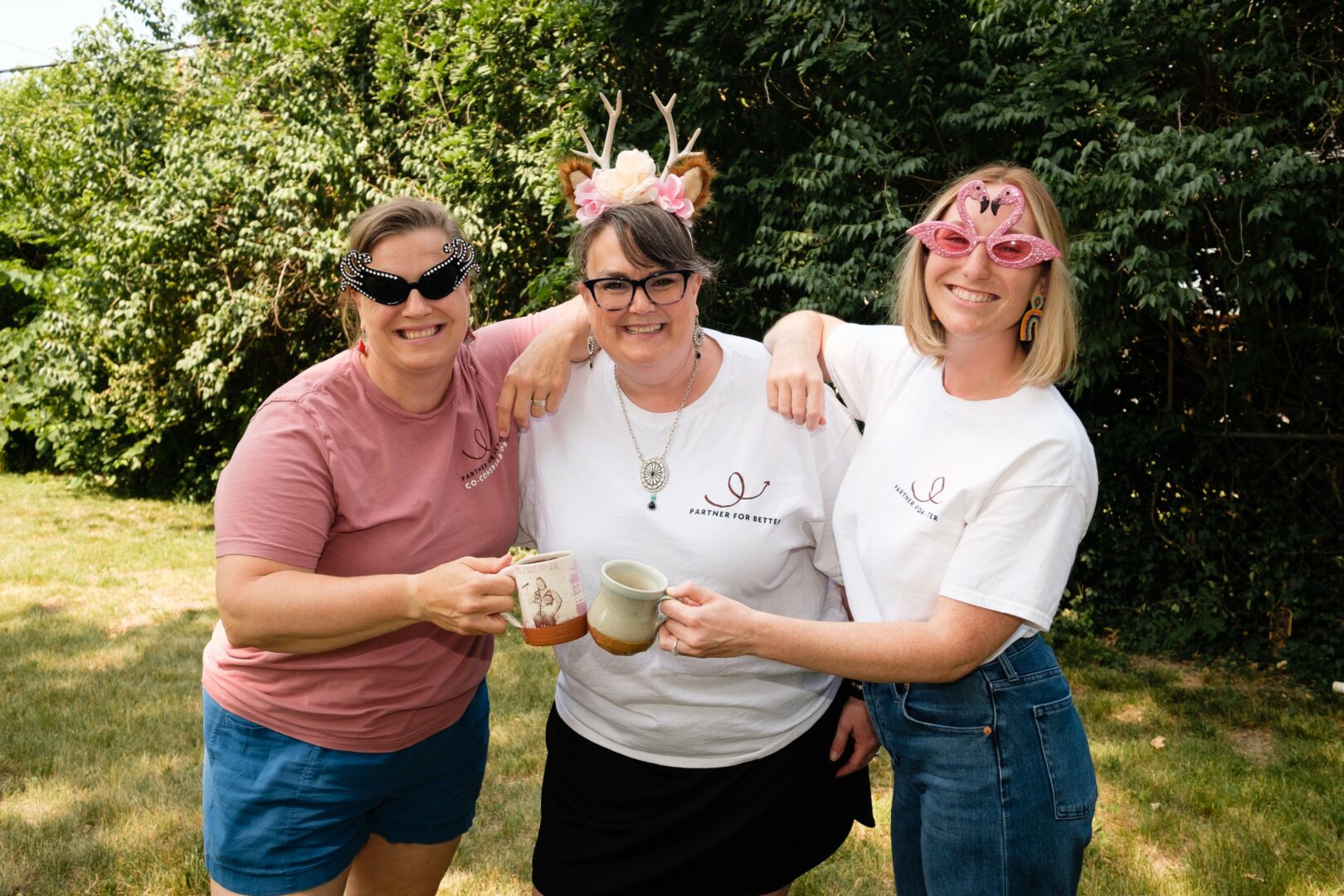
If you had to pick three qualities that are most important to develop, which three would you say matter most?
1. The ability to build genuine relationships
This has been the most impactful thing in my journey, hands down. I didn’t build Partner for Better through cold outreach or aggressive marketing. I built it through relationships. Showing up at nonprofit events, sending handwritten notes, remembering people’s birthdays, celebrating their wins, checking in when things are hard. When you really know people and show up for them, they show up for you.
My advice: Slow down. In a world that tells us to hustle and network strategically, choose to be genuinely interested in people instead. Ask questions and actually listen to the answers. Follow up. Show up to things even when there’s no immediate benefit to you. Send the thank you note. Make the phone call. The relationships you build when you’re not trying to get something from someone are the ones that sustain you.
2. Comfort with messiness and imperfection
I spent years thinking I had to have it all figured out, that I had to show up perfectly, that making mistakes meant I was failing. Learning to let that go, to embrace the messiness, to make magnificent mistakes, to show up as my whole, imperfect self changed everything. It made me a better leader and honestly, a happier person.
This comfort with messiness also translates to my work. Nonprofit work is inherently messy. Communities are complex. Change is slow and nonlinear. Being able to sit in that ambiguity, to work with what is rather than what “should” be, and to help organizations embrace growth over perfection because that’s where the real impact happens.
My advice: Start practicing self-compassion now. When you mess up (and you will) ask yourself what you learned and then let it go. Stop re-reading the chapters that didn’t go well. Put “make magnificent mistakes” somewhere you can see it every day. Find people who will let you be messy and imperfect, and be that person for others. The energy you spend trying to be perfect is energy you could spend actually doing good work.
3. A deep understanding of the systems I’m working within
I didn’t just study nonprofits, I lived in them. I’ve been the intern, the program staff, the middle manager, the executive director. I’ve written the grants at 2am, managed the impossible budgets, navigated dysfunctional boards, and felt the weight of knowing your team is burnt out but the community needs you to keep going. I also have the academic training: the Master’s degree, the PhD, that taught me to analyze systems, understand organizational behavior, and ground my work in research and data.
That combination of lived experience and academic rigor means I can meet organizations where they are, speak their language, and offer solutions that actually work in the real world—not just in theory.
My advice: Don’t rush past the “doing” phase to get to the “leading” phase. If you want to consult, coach, or lead in any sector, spend real time in the trenches first. Understand what it’s actually like to do the work before you tell others how to do it better. And once you’re in a leadership position, never lose touch with that frontline perspective. Stay humble. Keep learning. Listen to the people closest to the work—they often have the best solutions.
Bonus advice that cuts across all three:
Have the audacity to do things your way. I didn’t build Partner for Better by following a traditional business playbook. I integrated values that people said weren’t “business smart” (like sliding-scale fees, hundreds of hours of free work, prioritizing relationships over transactions). And it worked. Not in spite of those choices, but because of them.
So whatever journey you’re on, find the people who believe in you, embrace the messiness, learn the systems deeply, and then have the audacity to build something that reflects your values, not someone else’s definition of success.
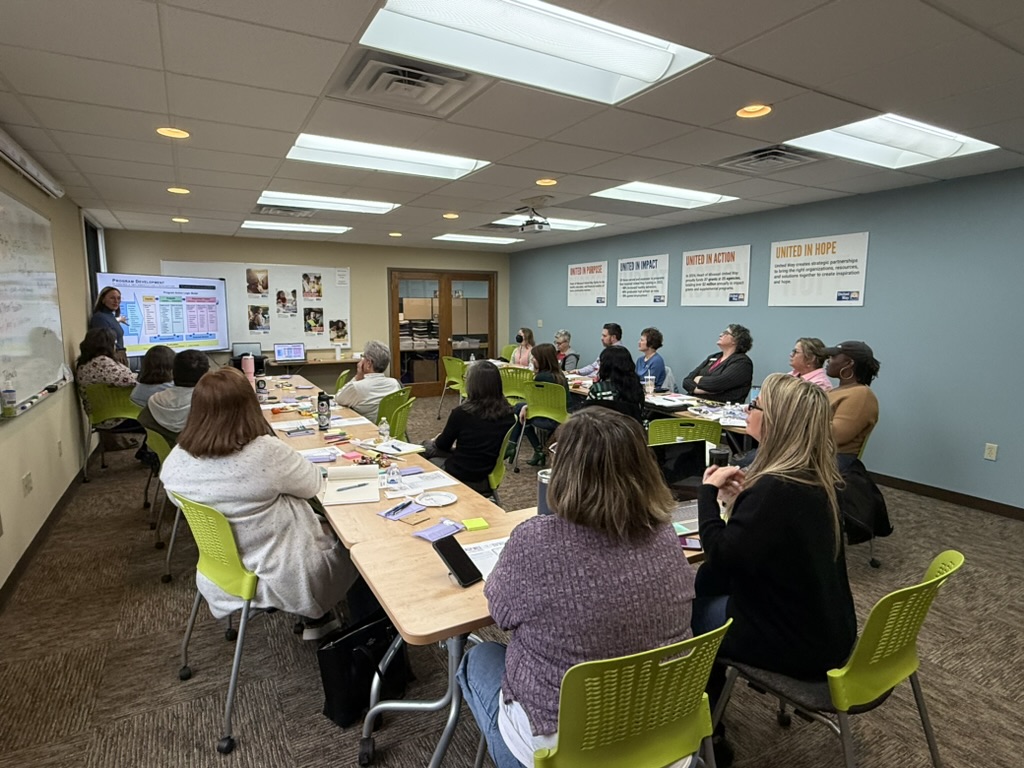
Any advice for folks feeling overwhelmed?
Honestly? I’ve learned that my overwhelm is almost always a signal that I’m rushing things that shouldn’t be rushed or that I’ve squeezed out the space for fun and slowness in pursuit of getting more done.
My non-negotiable is my weekly yoga class. It’s on my calendar like any other meeting, and I protect it fiercely. That hour forces me to slow down, to breathe, to be present in my body instead of spinning in my head. When I skip it, when I tell myself I’m “too busy” or that I’ll make it up later, the overwhelm creeps in fast. It’s not just about the physical practice; it’s about giving myself permission to pause.
But beyond yoga, I’ve had to learn that slowing down isn’t a luxury, it’s essential to doing good work and living a satisfied life. When I’m overwhelmed, it’s usually because I’m trying to speed through things that deserve my full attention. Conversations with clients. Strategic decisions. Creative work. Even moments with my family. When I rush through life, I miss the small moments that actually make the work meaningful.
My strategies when overwhelm hits:
Check where I’ve lost space for fun. If I can’t remember the last time I laughed really hard, danced in my office, or did something just because it was joyful, not productive, that’s a red flag. I literally schedule fun now. Dance parties between meetings. Silly team celebrations. Time with friends that has nothing to do with work. It sounds absurd to schedule joy, but it works.
Audit what I’m rushing. I ask myself: what am I trying to speed through right now that deserves more time? Usually it’s something important, a difficult conversation I’m avoiding, a decision I’m not ready to make, or rest I’m not allowing myself to take. Once I name it, I can slow down intentionally instead of just feeling frantic.
Get back to basics. When everything feels like too much, I return to the fundamentals: Am I sleeping enough? Moving my body? Eating real food? Connecting with people I love? Usually I’ve let one or more of these slip, and my overwhelm is my body saying “hey, you can’t outrun your human needs.”
Ask for help. This one’s hard for me, but I’m getting better at it. Whether it’s delegating at work, asking my husband to take something off my plate at home, or just telling a friend “I’m struggling”, saying it out loud makes it smaller and more manageable.
My advice for others:
Find your non-negotiable. Maybe it’s not yoga, maybe it’s a morning walk, a weekly coffee date with a friend, or time to read fiction. Whatever it is, protect it like your life depends on it. Because in a way, it does. Your quality of life depends on having space to be human, not just productive.
And remember: life isn’t meant to be rushed through. The doing, not just the completing, is where satisfaction lives. When you’re overwhelmed, it’s often because you’ve forgotten that.
Slow down. Make space for fun. And give yourself permission to be a whole person, not just a to-do list with a pulse.
Contact Info:
- Website: https://partnerforbetter.com/
- Facebook: https://www.facebook.com/partnerforbetter
- Linkedin: https://www.linkedin.com/in/kasey-hammock/
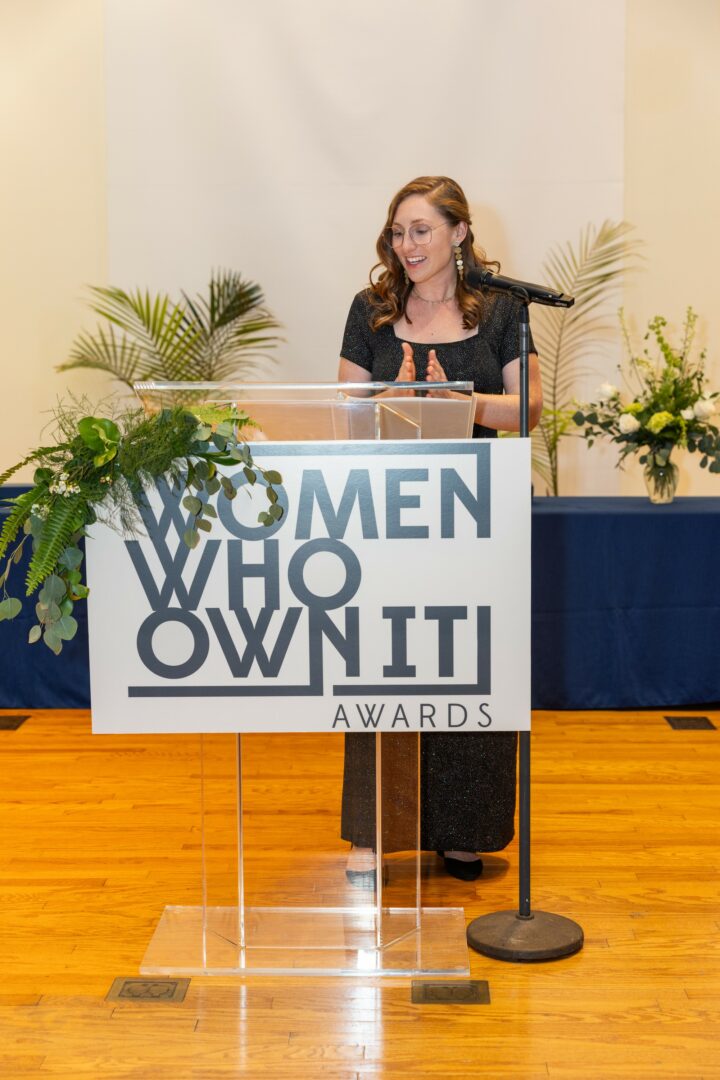
so if you or someone you know deserves recognition please let us know here.

